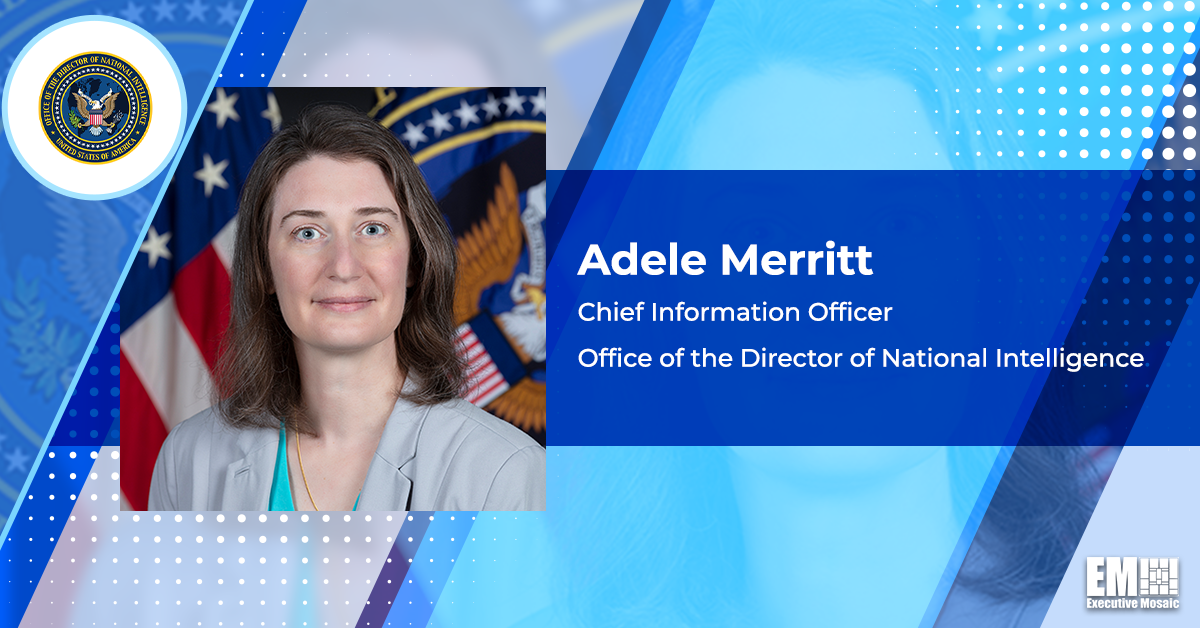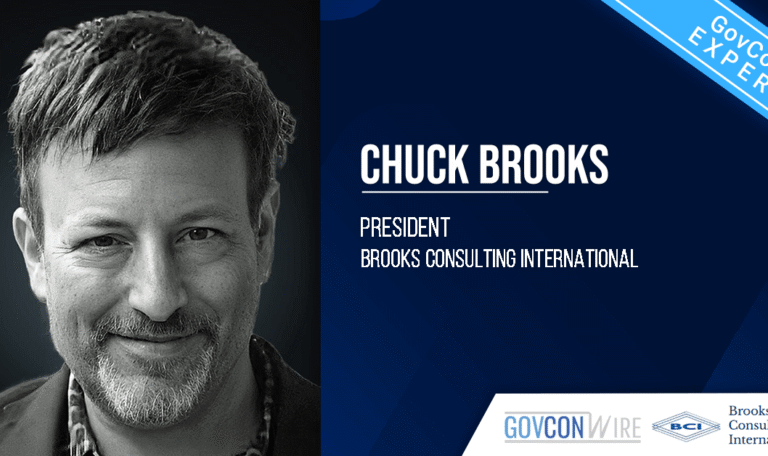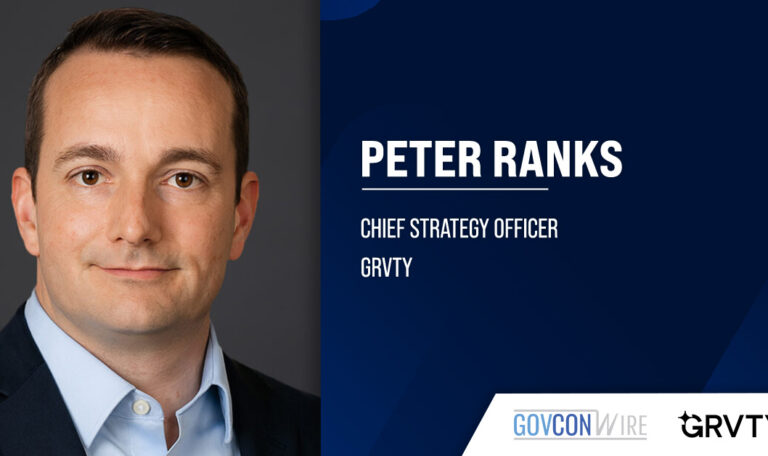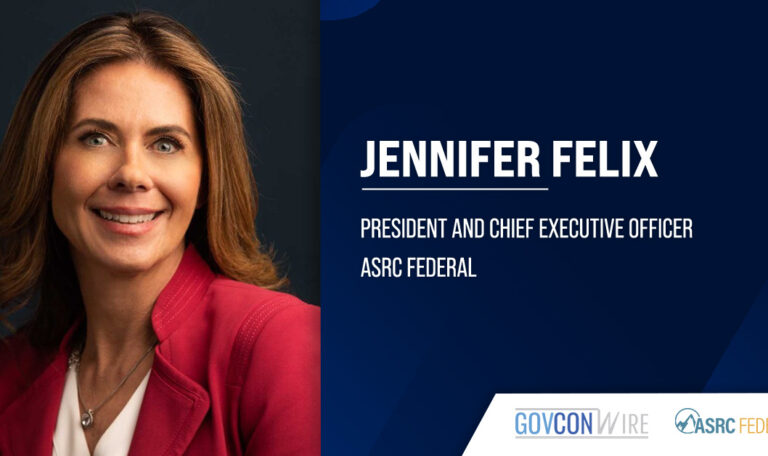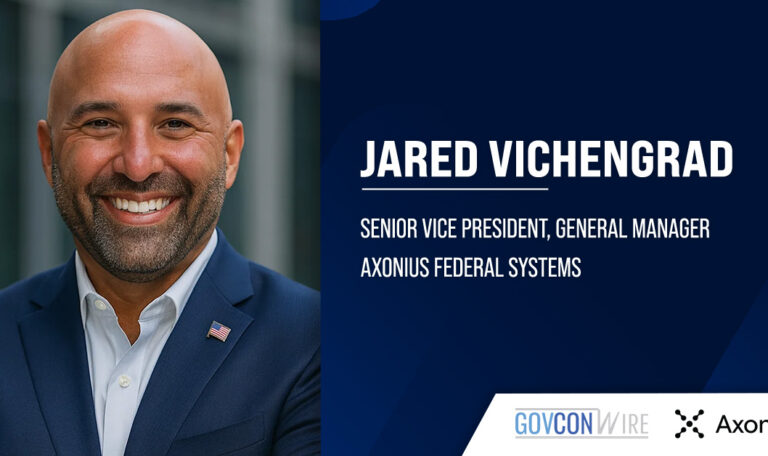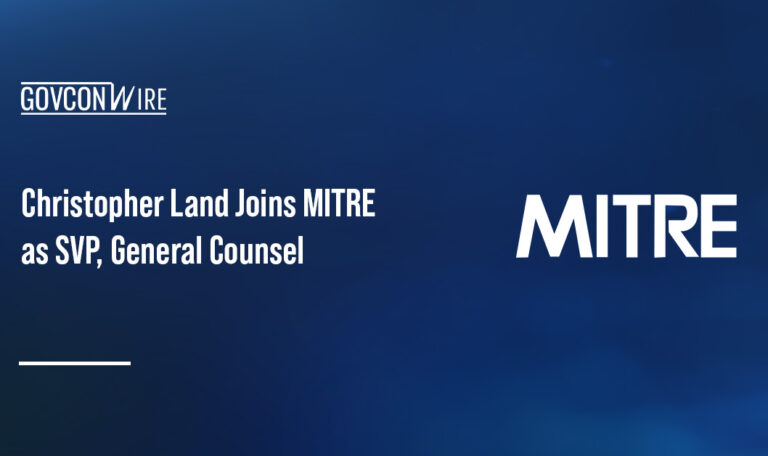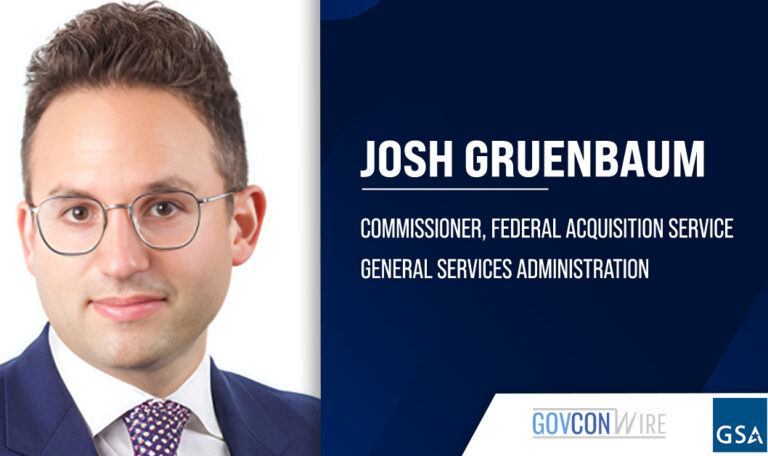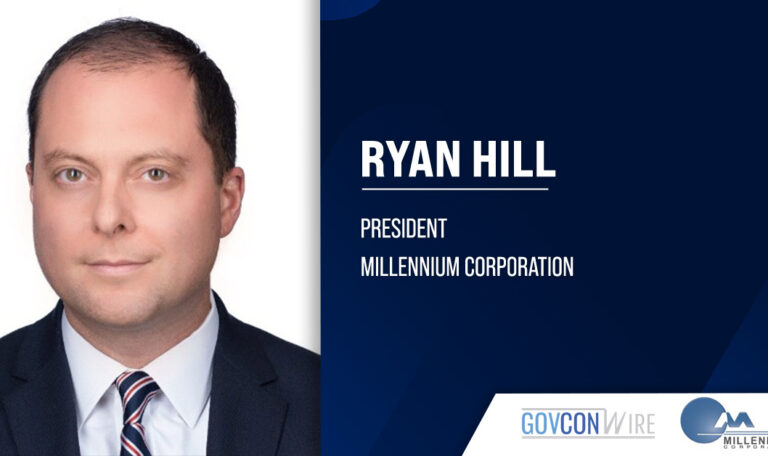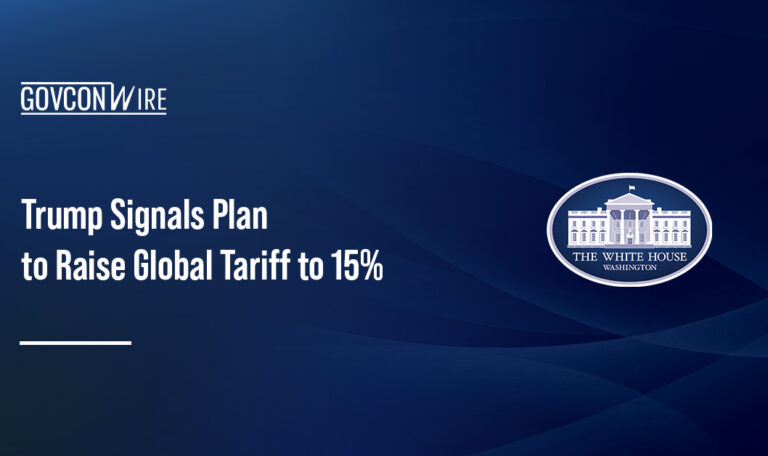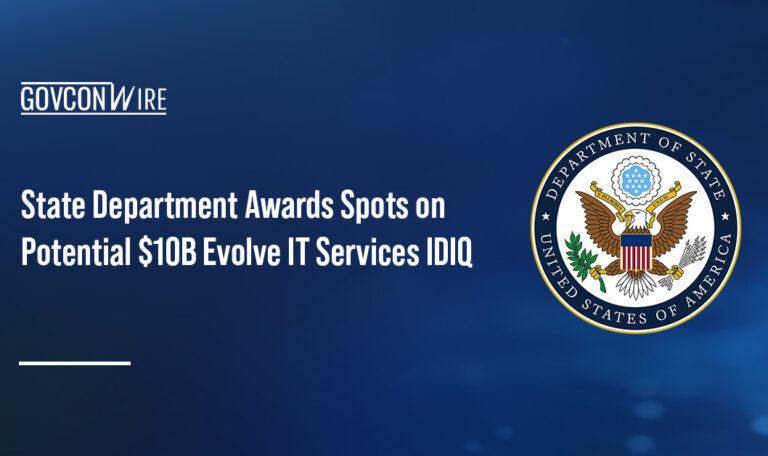The Intelligence Community has identified five guiding priorities as it works to build a more secure, interoperable and efficient information technology enterprise and further its mission, according to Adele Merritt, the chief information officer at the Office of the Director of National Intelligence.
In her keynote address Wednesday at the Potomac Officers Club’s 4th Annual CIO Summit, Merritt detailed each of these objectives while highlighting not only the importance of fortified systems, but the necessity of fostering a collaborative space for all parties dedicated to the IC mission.
One area the IC has focused on is multi-cloud interoperability. Over the past decade, she said, the community has continuously brought in more cloud service providers while “taking an aggressive approach to optimize the multi-cloud environment.”
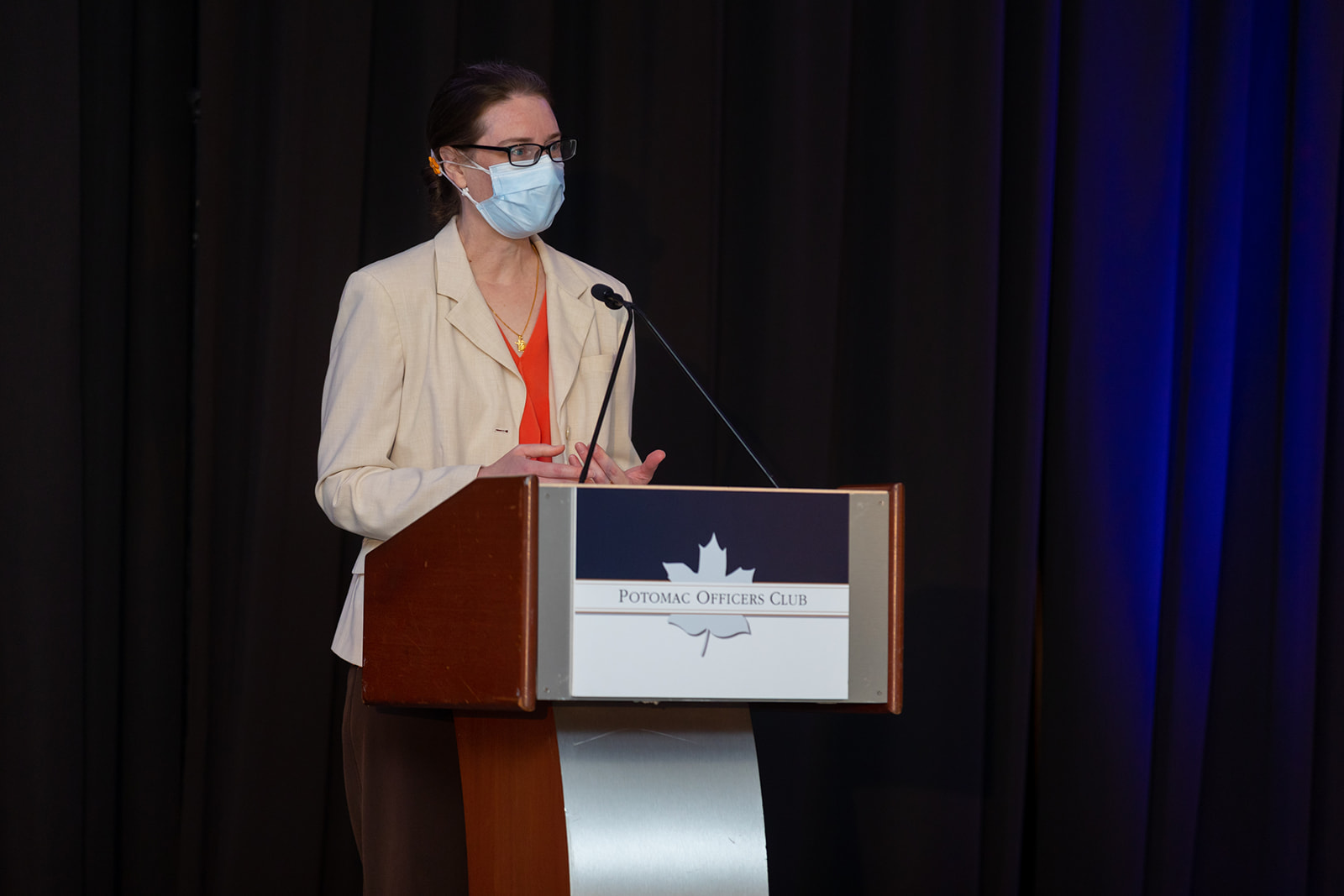
“While our community is excited about all the benefits, opportunities and capabilities that operating in a multi-cloud environment bring, we are also concerned about the additional cybersecurity risks,” Merritt added.
To maintain a secure cloud environment, Merritt said that the IC has placed heavy emphasis on the “rigorous testing and continuous evaluation” of its systems to ensure that best practices are followed throughout the implementation process.
Intertwined with these efforts is the IC’s work to adopt zero trust, which Merritt said “represents a huge shift in the approach to cybersecurity.”
“Our adversaries are not waiting for us to develop a zero trust architecture, so we are working around the clock to leverage the best technology and techniques to improve our network protections while they work around the clock to infiltrate our networks,” she said.
On a wider scale, the IC aims to strengthen its overall security and reduce its vulnerability to cyberattacks, which Merritt said are on the rise.
She cited a study conducted by the Center of Strategic and International Studies, which found that there were at least 41 significant cyberattacks targeting the U.S. and its allied partners as well as corporate networks within just the first three months of 2023.
“Cyberattacks are continuing to increase in scope, frequency and sophistication. This threat is only going to continue to evolve and intensify, and because of that reality, the effectiveness of our cybersecurity efforts must also increase and intensify,” Merritt emphasized.
“Adversarial nation states have increased their use of cyber operations to project power, and we expect more destructive cyber attacks against the U.S. and our allies in the years ahead,” she warned.
Technological progress begins with people, who Merritt said are “undoubtedly” the IC’s “most important asset.” The IC must assess how it identifies, trains and empowers its future workforce, said Merritt, who underscored the importance of recruiting a “diverse and vibrant” group of individuals “with the right combination of background and expertise” to support the mission.
“If we fail to understand this critical point, we will be unable to find and retain the talent needed to solve the ever challenging problems of the 21st century and beyond,” she stressed.
“I know that if we don’t bring in the right talent, somebody else will. It is essential for the IC to continue to foster diversity of thought, diversity of experience and diversity of background to explore a range of perspectives that inform decision making,” said Merritt.
The human element of the IC mission expands beyond its internal workforce and to its partnerships with fellow government agencies and other outside organizations. Federal collaboration calls for secure, interoperable capabilities, and Merritt said that implementing the enabling technologies requires strong relationships with outside entities.
These connections, said Merritt, allow the IC to harness technologies that have already been developed rather than “wasting valuable resources” to solve problems that have already been solved.
“It’s not just a talking point in our speeches, it happens every day. Our partnerships with industry, academia and our allies are essential and have allowed us to share lessons learned throughout our collaborations,” she said.
“We need a strong unity of purpose to protect the nation’s secrets and to outpace our adversaries, particularly in the area of information technology. As we remain determined and committed to our monumental task, I know we will succeed,” said Merritt.

With the cyber domain now at the forefront of federal priorities, agencies government-wide are racing to implement the capabilities required to maintain U.S. dominance in cyberspace. For a closer look at the implications of the increasingly influential domain, the Potomac Officers Club will host its 2023 Cyber Summit on June 8. To learn more and register to attend the event, which will bring together top cybersecurity experts, please visit the Potomac Officers Club events page.


